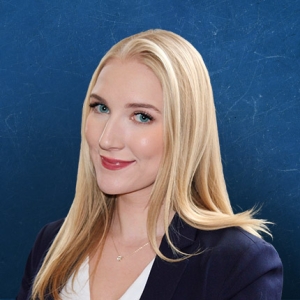To avoid probate, assets can be placed in a revocable or irrevocable trust. Since any assets in the trust are not subject to probate, this lengthy, expensive, and public process is avoided. Virtually any asset can be placed in a trust, including your residence, cash, real estate and investment accounts, and life insurance with cash value. The exception are retirement accounts such as IRA, 401(k), 403(b), etc. which do not need to be protected in trust. The assets transferred into your trust are not part of the estate since they are titled in the trust’s name. Fortunately, trust planning in New York offers this opportunity to avoid probate for your beneficiaries, saving time, legal fees and the frustration of going to court.
A New York estate planning attorney at Pierro, Connor & Strauss can structure a living trust to help your heirs avoid the probate process after your death and keep financial affairs private.
With our combined experience and years of assisting people to plan their future, we have many practice areas that allow us to provide a wide range of legal services dedicated to you and your loved ones.
What is Probate and Why Do You Want to Avoid It?
Probate is the process of proving a Will “to the satisfaction of the Court to be the valid Last Will and Testament of the decedent.”
It is probated in the Surrogate’s Court in the New York county in which the deceased resided. The executor named in the Will files the petition for probate. All beneficiaries and heirs require notice about the probate filing.
After reviewing the petition and Will, as well as any related documents, the court determines whether the requirements for probate are met. If so, the probate process goes forward.
If the decedent dies without a Will, the court appoints an estate administrator. An estate administrator or an executor is tasked with taking control of an estate to settle a deceased person’s affairs and distribute assets. They must notify all beneficiaries that probate has commenced. Estate assets must pay for the deceased’s taxes and debts. Only then will the remaining assets be distributed to beneficiaries.
How Long Does Probate Take?
Probate usually takes multiple months, although it can take years if anyone contests it. In the meantime, your beneficiaries – which may include family members, friends, and charities – must wait to receive the assets bequeathed to them. In addition, the costs of probate, including legal fees, are considerable. Your estate spends money on the probate process that could have gone to your beneficiaries.
Our Trust Attorneys

Louis W. Pierro
Pierrolaw
Aaron E. Connor
Pierrolaw
Frank E. Hemming III
Pierrolaw
Kristen A. Peck
Pierrolaw
Anthony Khatchoui
Pierrolaw
Tommaso Marasco
Pierrolaw
Patricia Whelan
Pierrolaw


